American researchers have successfully created a pill with a sensor that detects the location of the disease, and the data is transmitted to a computer for artificial intelligence (AI) to analyze. The research was conducted by Khan Lab at the Viterbi School of Engineering - University of Southern California (USC), led by Associate Professor Yasser Khan, and published in the journal Cell Reports Physical Science.
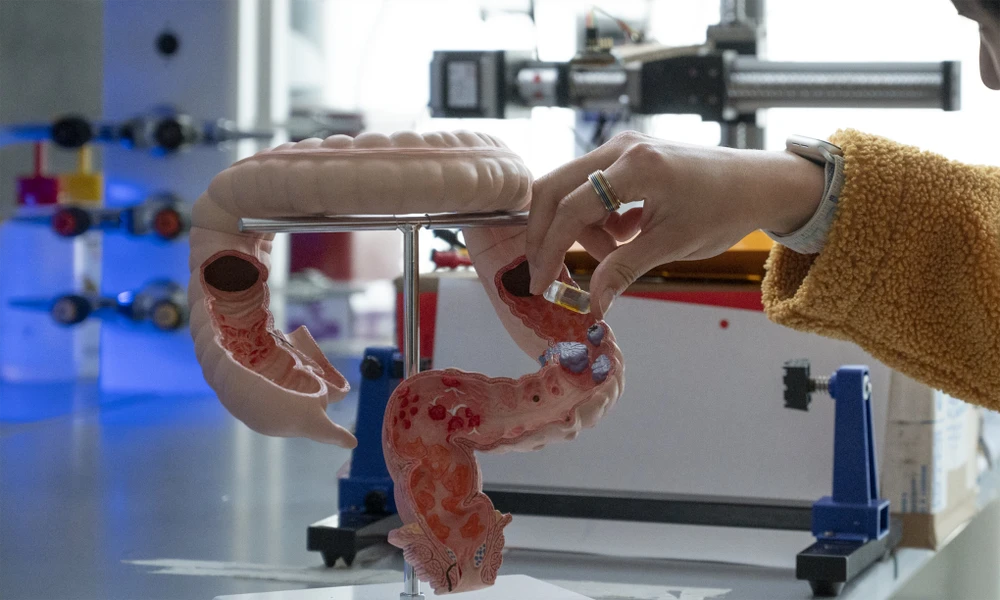
The team, working with the Institute for Innovation in Medical Systems and Technology (ITEMS) at the USC Michelson Center for Convergent Biosciences, placed a wearable coil that generates a magnetic field on a T-shirt. At the same time, a capsule containing a sensor would be inserted into the body. The coil's job was to locate the pill. The team would insert tiny biosensors into the capsule to monitor each of the diseases identified at the outset. The capsule was covered with a "gas-selective optical sensor membrane" - a membrane with a structure containing a material whose electrons change behavior when ammonia gas is present. Using the sensor material, the team tested its ability to corrode in the intestinal environment, initially simulating liquid and cow intestines. The data collected would be sent to a computer, where AI would analyze it before making a final diagnosis.
LAM DIEN
Source: https://www.sggp.org.vn/thuoc-ai-giup-phat-hien-vi-tri-benh-trong-co-the-post746119.html












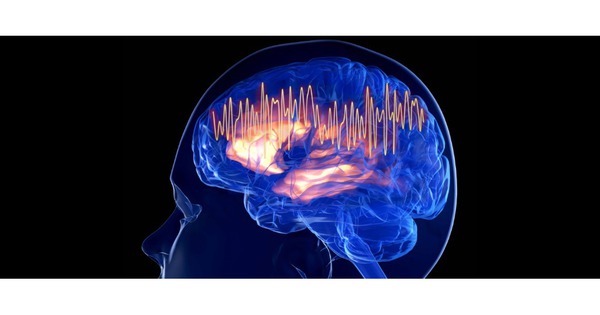
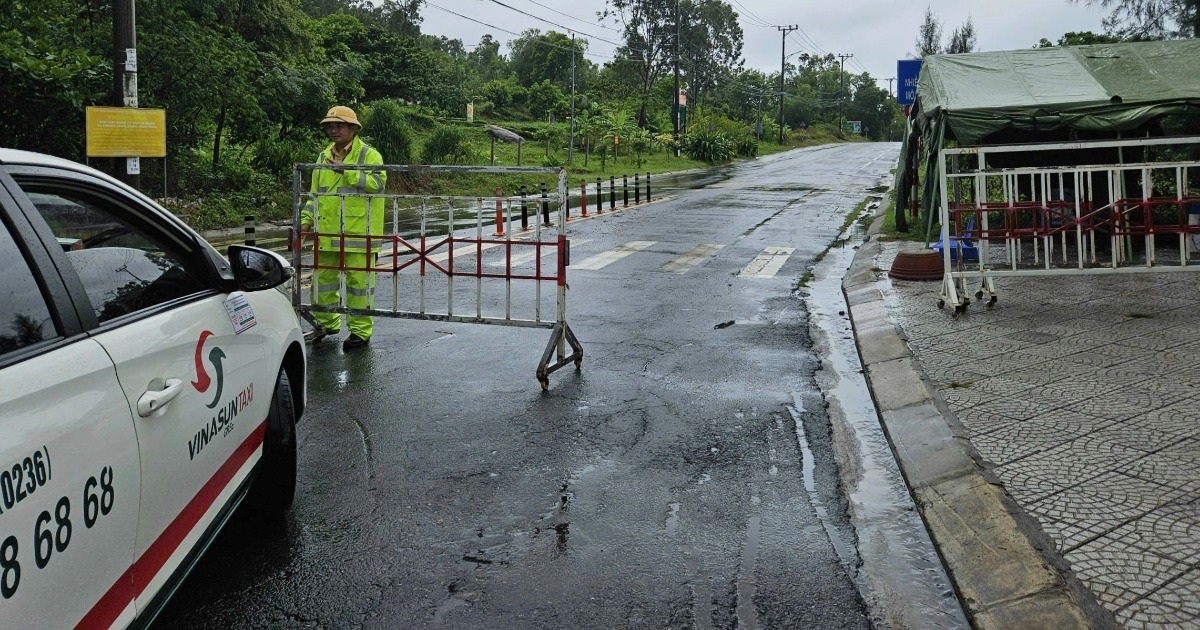













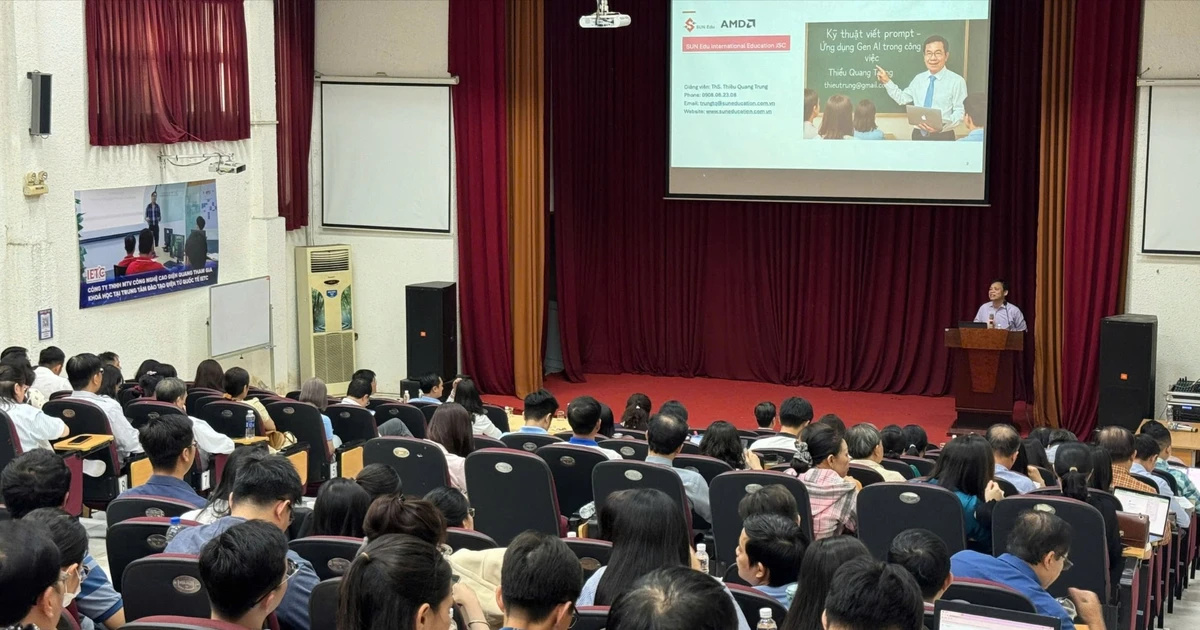
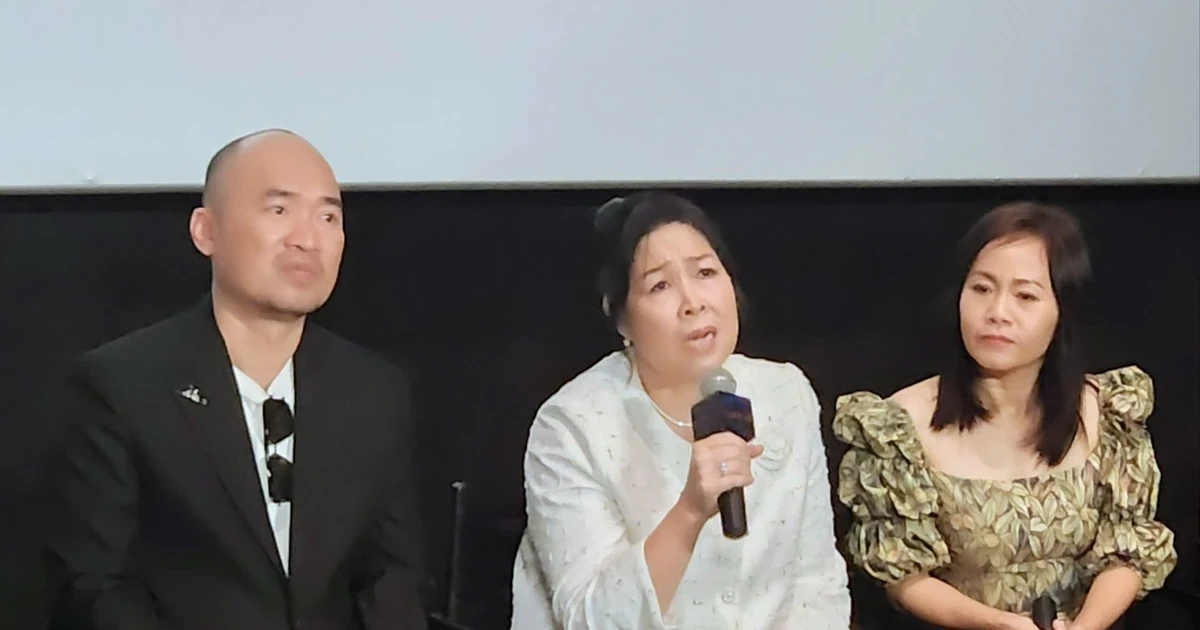





![[Photo] "Beauties" participate in the parade rehearsal at Bien Hoa airport](https://vstatic.vietnam.vn/vietnam/resource/IMAGE/2025/4/11/155502af3384431e918de0e2e585d13a)









































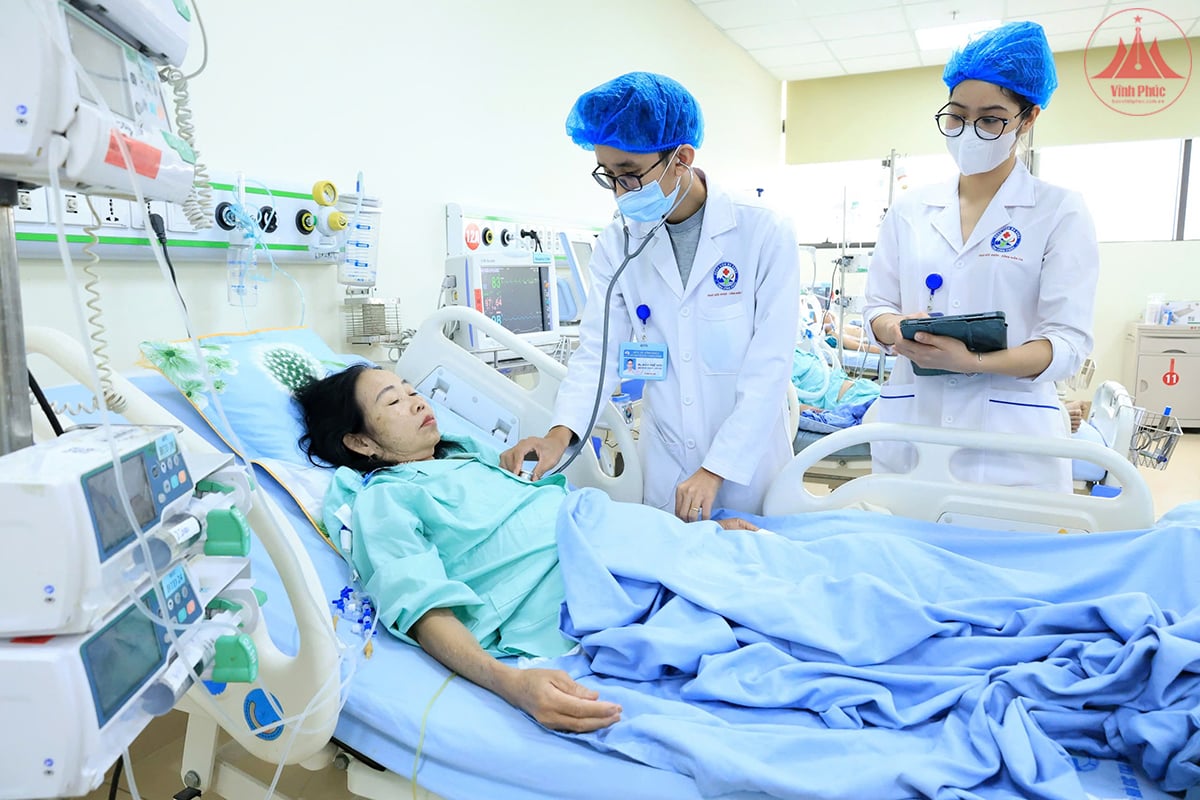


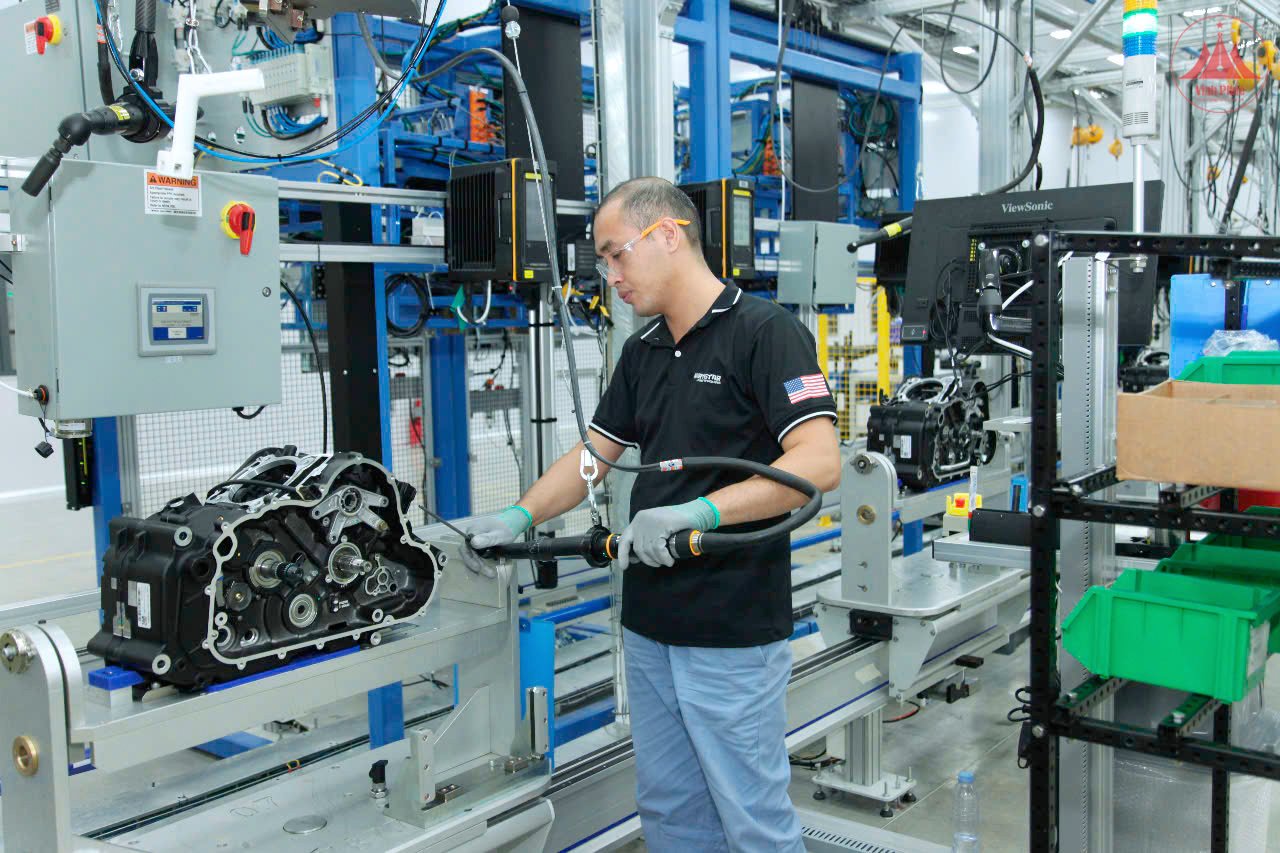















Comment (0)